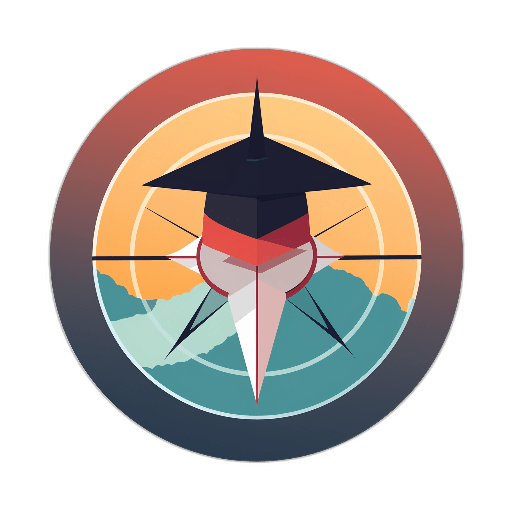What Are the Most Effective Study Techniques for Exams?
Preparing for exams can be a daunting task for students, but with the right study techniques, you can maximize your efficiency and improve your chances of success. Instead of passively reading through your notes, consider implementing these effective study strategies to make the most out of your study sessions.
**Active Learning Techniques**
One of the most effective study techniques for exams is active learning. Instead of simply reading and highlighting your notes, actively engage with the material by summarizing key points in your own words, teaching the concepts to someone else, or creating flashcards for quick review. By actively participating in the learning process, you are more likely to retain information and understand the material on a deeper level.
**Practice with Past Papers**
Practicing with past exam papers is another valuable study technique that can help familiarize you with the format and types of questions you can expect on the exam. By working through past papers under timed conditions, you can assess your knowledge and identify any areas where you may need additional practice. This hands-on approach can also help reduce exam anxiety and boost your confidence on test day.
**Create a Study Schedule**
Effective time management is essential when preparing for exams. Creating a study schedule can help you allocate your time wisely and ensure that you cover all the necessary material before the exam date. Break down your study sessions into smaller, manageable chunks, and set specific goals for each session. By staying organized and disciplined, you can make the most of your study time and avoid last-minute cramming.
**Utilize Visualization Techniques**
Visualization techniques can be a powerful tool to enhance your memory and understanding of complex concepts. Try creating mind maps, diagrams, or flowcharts to visually represent the relationships between different ideas and topics. Visual aids can help you make connections between concepts and improve your recall during the exam. Additionally, visualization can make studying more engaging and enjoyable.
**Take Regular Breaks**
Studying for long periods without breaks can lead to burnout and decreased productivity. To maintain focus and prevent mental fatigue, be sure to take regular short breaks during your study sessions. Use the Pomodoro technique, which involves studying for 25 minutes and then taking a 5-minute break, to keep your mind fresh and alert. Taking breaks can help you retain information better and improve your overall study efficiency.
**Stay Active and Healthy**
Physical health plays a crucial role in academic performance. Make sure to prioritize regular exercise, healthy eating, and sufficient sleep during your exam preparation. Physical activity can help reduce stress and improve cognitive function, while a balanced diet and adequate sleep can boost your concentration and memory retention. Remember to stay hydrated and take care of your overall well-being to perform your best on exam day.
**Seek Support and Feedback**
Don’t hesitate to seek support from classmates, teachers, or tutors if you encounter difficulties while studying. Collaborating with peers through study groups or seeking feedback from instructors can provide fresh perspectives and clarify any misunderstandings you may have. Constructive feedback can help you identify areas for improvement and refine your study techniques for better results.
**Adopt a Growth Mindset**
Lastly, cultivating a growth mindset can significantly impact your study habits and academic performance. Instead of viewing challenges as obstacles, embrace them as opportunities for growth and learning. By adopting a positive attitude towards your studies and believing in your ability to improve, you can overcome setbacks and stay motivated throughout your exam preparation.
In conclusion, by incorporating these effective study techniques into your exam preparation routine, you can enhance your learning experience, boost your confidence, and achieve better results. Remember to stay proactive, organized, and resilient in the face of challenges, and you’ll be well on your way to exam success.







